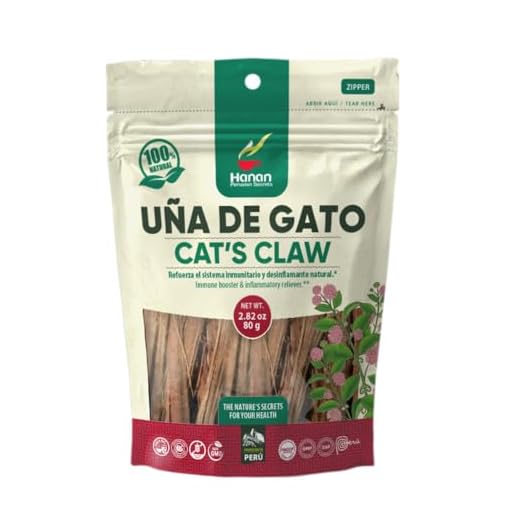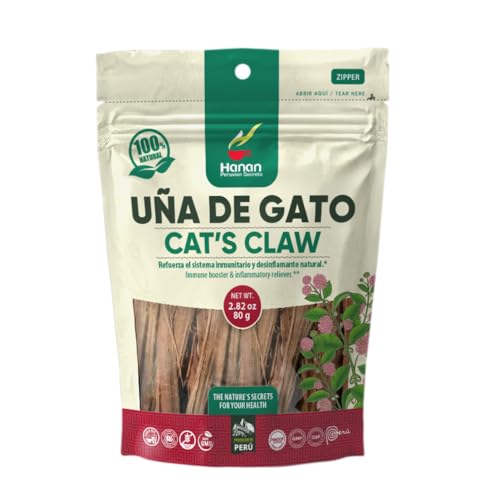

It’s a big no! While the sweet liquid may seem tempting, it poses significant health risks for furry companions. The compounds present in these fruits can lead to serious complications, including kidney failure. It’s essential to keep such beverages away from our paws at all times.
Instead of indulging in this sugary drink, consider offering fresh water or specially formulated pet beverages. Staying hydrated is crucial, and there are many safe options available that cater to our unique dietary needs. Always consult with a veterinarian before introducing new items to your diet.
Keeping our health in mind is paramount, so let’s stick to treats designed specifically for us. By prioritizing our well-being, we ensure many happy moments together with our humans!
Can Cats Enjoy Grape Juice?
Absolutely not! The consumption of this liquid can lead to severe health complications for felines. Even small amounts may result in symptoms like vomiting, diarrhea, or lethargy.
Research indicates that certain compounds found in grapes and their derivatives can be toxic to us furry friends. The exact substance responsible remains unidentified, but the risk is significant enough to avoid any exposure.
If you’re looking for safe hydration options, consider fresh water or specially formulated pet beverages available at pet stores. Always prioritize your furry companion’s well-being over experimenting with questionable foods.
In case of accidental ingestion, it’s crucial to contact a veterinarian immediately. Early intervention can make a difference in preventing serious health issues.
Understanding the Risks of Feeding Grape Juice to Cats
Feeding any form of juice made from grapes poses serious health risks. The compounds found in grapes can lead to acute kidney failure in some felines. Even small amounts can trigger gastrointestinal distress, including vomiting and diarrhea. Symptoms can manifest within hours or days, leading to more severe complications if not addressed promptly.
Immediate signs to watch for include lethargy, loss of appetite, and changes in urination habits. If you suspect exposure, contacting a veterinarian is crucial. They might recommend treatments to mitigate the effects and monitor kidney function.
Always prioritize safe hydration options for your furry friend. Water is the best choice. For those looking for alternatives, options like is lactose free milk safe for cats may be considered, but always consult with your vet before introducing new items into their diet.
Safe Alternatives to Grape Juice for Your Cat’s Hydration
Choosing the right beverages is crucial for staying hydrated. Instead of that sugary liquid, consider offering fresh water, which should always be the primary source of hydration. Adding a splash of flavor can make it more enticing–try infusing water with a small amount of tuna juice or low-sodium chicken broth. These options not only enhance the taste but also provide extra nutrients.
Herbal Teas
Non-caffeinated herbal teas, such as chamomile or peppermint, can be a delightful treat. Make sure they are completely cooled and without any additives. Just a few sips can be refreshing and soothing, especially during warmer days.
Coconut Water
A small amount of plain coconut water can serve as an alternative. It contains natural electrolytes, which could help with hydration. Ensure no added sugars or preservatives are included. Moderation is key, as too much can upset the stomach.
It’s a big no! While the sweet liquid may seem tempting, it poses significant health risks for furry companions. The compounds present in these fruits can lead to serious complications, including kidney failure. It’s essential to keep such beverages away from our paws at all times.
Instead of indulging in this sugary drink, consider offering fresh water or specially formulated pet beverages. Staying hydrated is crucial, and there are many safe options available that cater to our unique dietary needs. Always consult with a veterinarian before introducing new items to your diet.
Keeping our health in mind is paramount, so let’s stick to treats designed specifically for us. By prioritizing our well-being, we ensure many happy moments together with our humans!
Can Cats Enjoy Grape Juice?
Absolutely not! The consumption of this liquid can lead to severe health complications for felines. Even small amounts may result in symptoms like vomiting, diarrhea, or lethargy.
Research indicates that certain compounds found in grapes and their derivatives can be toxic to us furry friends. The exact substance responsible remains unidentified, but the risk is significant enough to avoid any exposure.
If you’re looking for safe hydration options, consider fresh water or specially formulated pet beverages available at pet stores. Always prioritize your furry companion’s well-being over experimenting with questionable foods.
In case of accidental ingestion, it’s crucial to contact a veterinarian immediately. Early intervention can make a difference in preventing serious health issues.
Understanding the Risks of Feeding Grape Juice to Cats
Feeding any form of juice made from grapes poses serious health risks. The compounds found in grapes can lead to acute kidney failure in some felines. Even small amounts can trigger gastrointestinal distress, including vomiting and diarrhea. Symptoms can manifest within hours or days, leading to more severe complications if not addressed promptly.
Immediate signs to watch for include lethargy, loss of appetite, and changes in urination habits. If you suspect exposure, contacting a veterinarian is crucial. They might recommend treatments to mitigate the effects and monitor kidney function.
Always prioritize safe hydration options for your furry friend. Water is the best choice. For those looking for alternatives, options like is lactose free milk safe for cats may be considered, but always consult with your vet before introducing new items into their diet.
Safe Alternatives to Grape Juice for Your Cat’s Hydration
Choosing the right beverages is crucial for staying hydrated. Instead of that sugary liquid, consider offering fresh water, which should always be the primary source of hydration. Adding a splash of flavor can make it more enticing–try infusing water with a small amount of tuna juice or low-sodium chicken broth. These options not only enhance the taste but also provide extra nutrients.
Herbal Teas
Non-caffeinated herbal teas, such as chamomile or peppermint, can be a delightful treat. Make sure they are completely cooled and without any additives. Just a few sips can be refreshing and soothing, especially during warmer days.
Coconut Water
A small amount of plain coconut water can serve as an alternative. It contains natural electrolytes, which could help with hydration. Ensure no added sugars or preservatives are included. Moderation is key, as too much can upset the stomach.
It’s a big no! While the sweet liquid may seem tempting, it poses significant health risks for furry companions. The compounds present in these fruits can lead to serious complications, including kidney failure. It’s essential to keep such beverages away from our paws at all times.
Instead of indulging in this sugary drink, consider offering fresh water or specially formulated pet beverages. Staying hydrated is crucial, and there are many safe options available that cater to our unique dietary needs. Always consult with a veterinarian before introducing new items to your diet.
Keeping our health in mind is paramount, so let’s stick to treats designed specifically for us. By prioritizing our well-being, we ensure many happy moments together with our humans!
Can Cats Enjoy Grape Juice?
Absolutely not! The consumption of this liquid can lead to severe health complications for felines. Even small amounts may result in symptoms like vomiting, diarrhea, or lethargy.
Research indicates that certain compounds found in grapes and their derivatives can be toxic to us furry friends. The exact substance responsible remains unidentified, but the risk is significant enough to avoid any exposure.
If you’re looking for safe hydration options, consider fresh water or specially formulated pet beverages available at pet stores. Always prioritize your furry companion’s well-being over experimenting with questionable foods.
In case of accidental ingestion, it’s crucial to contact a veterinarian immediately. Early intervention can make a difference in preventing serious health issues.
Understanding the Risks of Feeding Grape Juice to Cats
Feeding any form of juice made from grapes poses serious health risks. The compounds found in grapes can lead to acute kidney failure in some felines. Even small amounts can trigger gastrointestinal distress, including vomiting and diarrhea. Symptoms can manifest within hours or days, leading to more severe complications if not addressed promptly.
Immediate signs to watch for include lethargy, loss of appetite, and changes in urination habits. If you suspect exposure, contacting a veterinarian is crucial. They might recommend treatments to mitigate the effects and monitor kidney function.
Always prioritize safe hydration options for your furry friend. Water is the best choice. For those looking for alternatives, options like is lactose free milk safe for cats may be considered, but always consult with your vet before introducing new items into their diet.
Safe Alternatives to Grape Juice for Your Cat’s Hydration
Choosing the right beverages is crucial for staying hydrated. Instead of that sugary liquid, consider offering fresh water, which should always be the primary source of hydration. Adding a splash of flavor can make it more enticing–try infusing water with a small amount of tuna juice or low-sodium chicken broth. These options not only enhance the taste but also provide extra nutrients.
Herbal Teas
Non-caffeinated herbal teas, such as chamomile or peppermint, can be a delightful treat. Make sure they are completely cooled and without any additives. Just a few sips can be refreshing and soothing, especially during warmer days.
Coconut Water
A small amount of plain coconut water can serve as an alternative. It contains natural electrolytes, which could help with hydration. Ensure no added sugars or preservatives are included. Moderation is key, as too much can upset the stomach.








